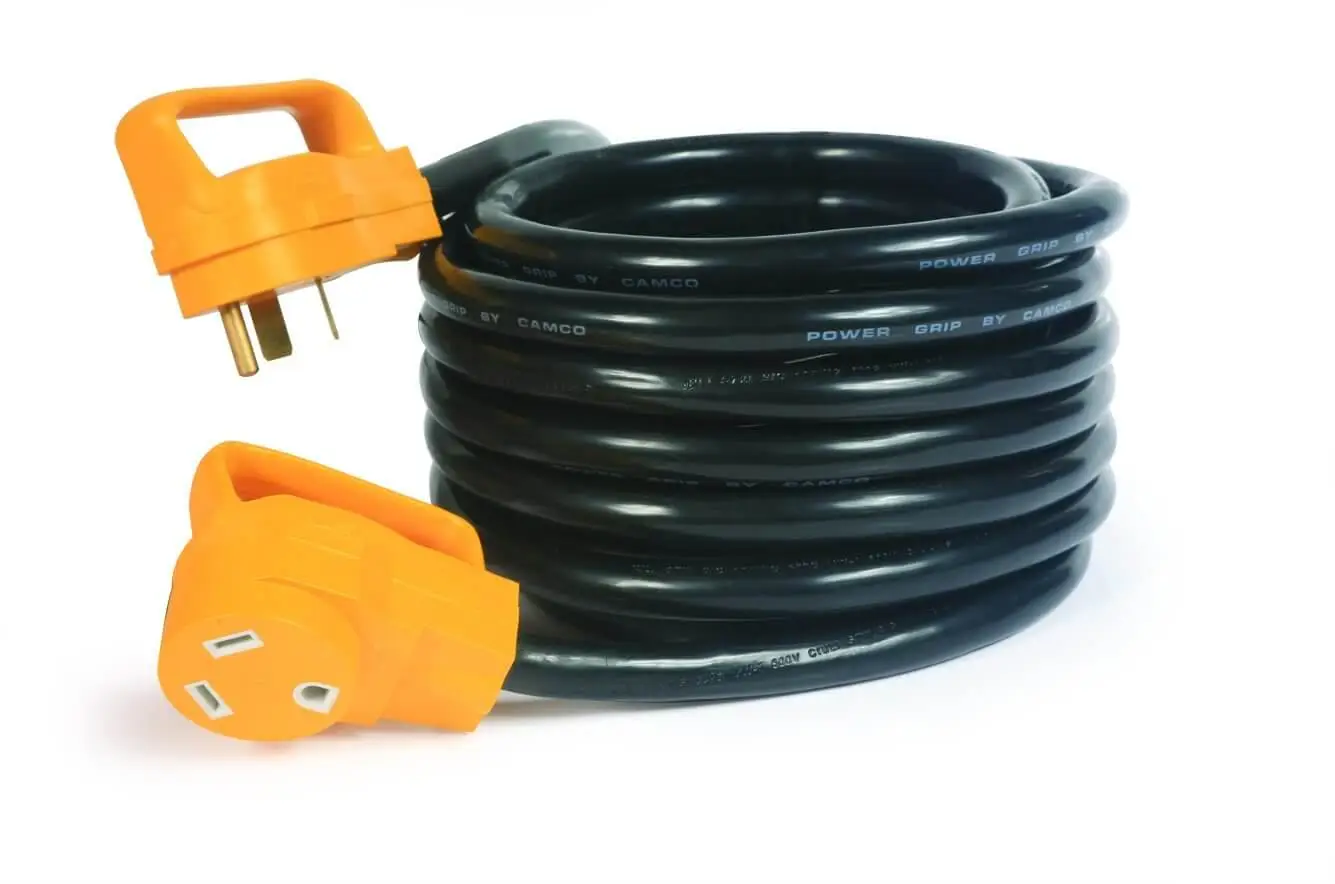

Articles
What Is A Heavy Duty Extension Cord
Modified: January 8, 2024
Learn everything you need to know about heavy-duty extension cords with our informative articles. Ensure safety and choose the right cord for your needs.
(Many of the links in this article redirect to a specific reviewed product. Your purchase of these products through affiliate links helps to generate commission for Storables.com, at no extra cost. Learn more)
Introduction
Extension cords are a staple in our modern lives, allowing us to power our devices and appliances even when the nearest electrical outlet seems inconveniently far away. But when it comes to heavy-duty tasks and power-hungry equipment, a regular extension cord may not be up to the challenge. This is where heavy-duty extension cords come into play.
Heavy-duty extension cords are designed to handle high electrical loads and provide a safe and reliable power connection for demanding applications. Whether you’re working in a construction site, setting up outdoor events, or simply need to power heavy-duty machinery, using the right extension cord is crucial.
In this article, we will explore what exactly a heavy-duty extension cord is, the benefits of using one, important features to look for, common uses, safety considerations, how to choose the right cord, and tips for maintenance and care.
Key Takeaways:
- Heavy-duty extension cords are designed to handle high electrical loads, reduce voltage drop, and provide a safe power supply for demanding applications such as construction sites, outdoor events, and heavy-duty machinery.
- When choosing a heavy-duty extension cord, consider features like ampacity rating, wire gauge, length, and safety certifications to ensure optimal performance and safe usage. Regular maintenance and adherence to safety guidelines are crucial for longevity and reliability.
Read more: What Is A Grounded Extension Cord
Definition of a Heavy Duty Extension Cord
A heavy-duty extension cord is a robust and durable electrical cable designed to withstand higher voltage and current levels than standard extension cords. These cords are typically made with thicker gauge wire and have stronger insulation to safely handle the increased electrical load. They are built to deliver power efficiently over longer distances, making them ideal for applications that require a reliable and high-capacity power supply.
The distinguishing feature of a heavy-duty extension cord is its ampacity rating, which refers to the maximum amount of electrical current that the cord can safely carry. Heavy-duty extension cords generally have higher ampacity ratings compared to regular extension cords, allowing them to handle larger appliances, tools, and equipment without the risk of overheating or voltage drop.
In addition to their ampacity rating, heavy-duty extension cords often have a higher insulation rating, commonly referred to as the wire gauge. The wire gauge indicates the thickness of the wiring inside the cord, with a lower gauge number representing a thicker wire. Thicker wires have lower resistance and can handle higher currents more effectively.
Furthermore, heavy-duty extension cords typically come with a more durable and rugged construction. They are designed to withstand demanding environments, including exposure to chemicals, extreme temperatures, and physical wear and tear. This durability ensures that heavy-duty extension cords can withstand the hazards of heavy use, making them a reliable choice for professionals and DIY enthusiasts alike.
It is important to note that heavy-duty extension cords should only be used when necessary. For everyday household appliances and electronics, a standard extension cord is usually sufficient. However, when dealing with power-hungry devices or when working in industrial settings, a heavy-duty extension cord is the safer and more appropriate option.
Benefits of Using a Heavy Duty Extension Cord
Using a heavy-duty extension cord offers numerous advantages, especially when compared to regular extension cords. Here are some key benefits of using a heavy-duty extension cord:
- Greater Current Handling Capacity: Heavy-duty extension cords are built to handle higher levels of electrical current, allowing you to power appliances and equipment that require more power without overloading the cord. This is particularly beneficial when working with power tools, industrial machinery, or outdoor lighting setups.
- Reduced Voltage Drop: Regular extension cords may experience voltage drop, which can lead to decreased performance of devices or appliances. Heavy-duty cords, with their thicker wires and lower resistance, minimize voltage drop and ensure a stable power supply throughout the length of the cord.
- Enhanced Safety: Safety is paramount when using extension cords, especially in demanding environments. Heavy-duty extension cords are designed with stronger insulation and durable construction, reducing the risk of electrical hazards such as overheating, short circuits, or potential fire risks.
- Longer Reach: Heavy-duty extension cords are typically available in longer lengths, allowing you to access power sources that are farther away. This increased reach is valuable in various scenarios, such as construction sites, large outdoor events, or when working in remote areas.
- Durability and Longevity: Heavy-duty extension cords are built to withstand rough handling and harsh conditions. They are often made with robust materials, reinforced connectors, and resistant to oil, chemicals, and abrasion. This durability ensures that the cord can withstand heavy use over time, making it a worthwhile investment.
- Versatility: Heavy-duty extension cords come in various configurations, including different lengths, plug types, and socket arrangements. This versatility allows you to customize your setup and use the cord in a wide range of applications, from indoor workshops to outdoor projects.
By utilizing a heavy-duty extension cord, you can have peace of mind knowing that your devices and equipment are receiving a reliable and safe power supply. Whether you’re a professional contractor, a DIY enthusiast, or simply in need of a dependable power connection, a heavy-duty extension cord is an essential tool that offers these valuable benefits and more.
Features to Look for in a Heavy Duty Extension Cord
When selecting a heavy-duty extension cord, it’s important to consider certain features that will ensure optimal performance and safety. Here are some key features to look for when choosing a heavy-duty extension cord:
- Ampacity Rating: The ampacity rating, measured in amps, indicates the maximum current that the cord can safely carry. Choose a heavy-duty extension cord with an ampacity rating that meets or exceeds the electrical requirements of the devices or equipment you plan to connect.
- Wire Gauge: The wire gauge of an extension cord refers to the thickness of the wires inside. A lower gauge number indicates a thicker wire, which can handle more current without heating up excessively. Look for a heavy-duty cord with a sufficient wire gauge to minimize voltage drop and ensure efficient power transmission.
- Length: Consider the distance between the power source and the location where you need to use the cord. Choose a heavy-duty extension cord with a length that allows for convenient access to power without excessive slack, as longer cords can result in power loss due to resistance.
- Plug and Socket Types: Ensure that the plug and socket types on the extension cord match the outlets or devices that you plan to connect. Common types include NEMA 5-15 for standard household outlets, NEMA L5-30 for twist-lock outlets, and NEMA 14-50 for RVs and heavy-duty applications.
- Jacket Material: Look for a heavy-duty extension cord with a durable and weather-resistant jacket material. Rubber or vinyl jackets provide excellent protection against moisture, abrasion, and temperature fluctuations, making them suitable for both indoor and outdoor use.
- Conductor Material: The conductor material affects the conductivity and durability of the cord. Copper conductors are the most common due to their excellent conductivity and resistance to corrosion. Avoid extension cords with aluminum conductors, as they have higher resistance and may overheat under heavy loads.
- Indicator Light: Some heavy-duty extension cords come with built-in indicator lights to indicate when the cord is receiving power. This feature can be particularly useful when troubleshooting electrical issues or verifying if the cord is properly connected and functioning.
- Safety Certifications: Look for heavy-duty extension cords that are certified by reputable safety organizations, such as UL (Underwriters Laboratories) or CSA (Canadian Standards Association). These certifications ensure that the cord has undergone rigorous testing and meets the necessary safety standards.
By considering these features, you can choose a heavy-duty extension cord that is suitable for your specific needs and provides reliable power delivery while ensuring safety during use. Remember to always follow the manufacturer’s guidelines and never exceed the cord’s recommended ampacity to avoid potential hazards and maintain optimal performance.
Common Uses for Heavy Duty Extension Cords
Heavy-duty extension cords are versatile tools that find applications in various settings and industries. Here are some common uses for heavy-duty extension cords:
- Construction Sites: Building projects often require power tools, lighting, and various equipment that demand a reliable and robust power supply. Heavy-duty extension cords are essential for connecting tools and machinery, delivering power efficiently across the construction site.
- Outdoor Events: From concerts and festivals to weddings and parties, outdoor events often require temporary power setups. Heavy-duty extension cords allow vendors, sound systems, and event organizers to connect their equipment to a power source while ensuring safety and efficient power distribution.
- Workshops and Garages: Whether you’re a professional or an avid DIY enthusiast, workshops and garages are often filled with power-hungry tools and machinery. Heavy-duty extension cords enable you to connect and power table saws, air compressors, welders, and other heavy-duty equipment.
- RVs and Camping: When camping or traveling in an RV, having access to a reliable power source is crucial. Heavy-duty extension cords designed for RVs provide a secure and durable connection to campground power pedestals, enabling you to run appliances, charge your devices, and enjoy a comfortable camping experience.
- Industrial Applications: Heavy-duty extension cords play a vital role in industrial environments, such as factories, warehouses, and manufacturing plants. These cords connect heavy machinery, conveyor systems, and industrial equipment to power sources, ensuring uninterrupted operations and meeting high power demands.
- Emergency Power Needs: During power outages or emergencies, heavy-duty extension cords can be a lifeline. They allow you to connect essential appliances, such as refrigerators, medical equipment, or power generators, ensuring temporary power supply until regular electrical services are restored.
- Outdoor Power Tools: Landscaping and gardening tasks often involve using electric lawnmowers, trimmers, leaf blowers, and other outdoor power tools. Heavy-duty extension cords enable you to extend the reach of these tools, making yard work more convenient and efficient.
- Commercial and Industrial Cleaning: Janitorial services, carpet cleaning businesses, and industrial cleaning companies rely on heavy-duty extension cords to power vacuum cleaners, floor buffers, pressure washers, and other heavy-duty cleaning equipment required for their operations.
No matter the application, using a heavy-duty extension cord ensures a reliable and safe power supply for demanding tasks and equipment. By understanding the common uses and matching the cord’s specifications to your specific needs, you can make the most out of heavy-duty extension cords in a wide range of scenarios.
When choosing a heavy-duty extension cord, look for one with a higher gauge (lower number) for better conductivity and a thicker, more durable jacket to withstand outdoor use and heavy-duty equipment.
Read more: What Is 14/3 Extension Cord
Safety Considerations When Using Heavy Duty Extension Cords
While heavy-duty extension cords are designed to handle high electrical loads and provide a safe power connection, it is essential to follow certain safety guidelines to prevent accidents and ensure optimal usage. Here are some important safety considerations when using heavy-duty extension cords:
- Inspect the Cord: Before each use, thoroughly inspect the heavy-duty extension cord for any signs of damage, such as frayed wires, cracks in the insulation, or loose connectors. Do not use a cord that appears damaged as it can pose a safety risk. Replace it with a new one.
- Right Cord for the Job: Ensure that the heavy-duty extension cord you choose matches the electrical requirements of the devices or equipment you plan to connect. Using a cord with a lower ampacity rating than required can result in overheating and damage, while a cord with a higher rating can pose a safety hazard.
- Avoid Overloading: Never exceed the maximum ampacity rating of the heavy-duty extension cord. Overloading the cord by connecting too many high-powered devices can lead to overheating, which can cause fire hazards or damage the cord and connected equipment. Use multiple cords or consider a higher ampacity cord if necessary.
- Proper Connection: Make sure that the plug and socket connections are secure and fully inserted. Loose connections can lead to electrical arcing, which can cause sparks and potentially start a fire. Avoid using adapters or multiple plugs in one socket, as this can create an overload situation.
- Avoid Pinching and Abrasion: Do not run heavy-duty extension cords through doorways, windows, or under carpets where they can be pinched or crushed. Pinching can damage the cord and create an electrical hazard. Similarly, avoid placing the cord in areas where it could be subject to abrasion or sharp edges.
- Keep Cords Dry: Heavy-duty extension cords are designed for both indoor and outdoor use, but they should be protected from moisture or exposed to wet conditions. Moisture can affect the integrity of the cord’s insulation and increase the risk of electrical shock. Use weatherproof boxes or covers for outdoor connections.
- Avoid Overheating: Prevent the cord from overheating by ensuring proper ventilation and avoiding coiling or bundling it tightly, as this can restrict airflow and lead to heat buildup. If you notice the cord becoming excessively hot during use, immediately disconnect it and investigate the cause.
- Unplug Safely: Always unplug the heavy-duty extension cord by gripping the plug and pulling it directly from the socket. Do not yank or pull the cord itself, as this can cause damage to the cord or the socket and increase the risk of electric shock.
By following these safety considerations, you can minimize the risk of accidents or electrical hazards when using heavy-duty extension cords. Remember that safety should always be a top priority, so if you have any doubts or concerns about the condition or usage of a cord, it is best to replace it or seek professional assistance.
How to Choose the Right Heavy Duty Extension Cord
Choosing the right heavy-duty extension cord is crucial to ensure safe and efficient power delivery for your specific needs. Here are some key factors to consider when selecting a heavy-duty extension cord:
- Determine Your Power Requirements: Identify the electrical demands of the devices or equipment you plan to connect. Check the ampacity rating or wattage requirements of each device, and add them up to determine the minimum ampacity rating for the extension cord you need.
- Consider the Length: Measure the distance between the power source and the intended location where you require power. Choose a heavy-duty extension cord that is long enough to reach without excessive slack, as longer cords can result in power loss due to resistance.
- Check the Wire Gauge: Look for a heavy-duty extension cord with a sufficient wire gauge to minimize voltage drop and ensure efficient power transmission. The wire gauge should match the ampacity rating of the cord and the electrical requirements of your devices.
- Verify Compatibility: Ensure that the plug and socket types on the extension cord match the outlets or devices you plan to connect. Pay attention to the shape, size, and pin configuration of the plugs and sockets to ensure a proper and secure connection.
- Consider Environmental Factors: Determine if you will be using the cord indoors, outdoors, or in specific environments such as construction sites or workshops. Choose a heavy-duty extension cord with a jacket material that is suitable for the anticipated conditions, such as rubber or vinyl for durability and protection against moisture, abrasion, and temperature fluctuations.
- Verify Safety Certifications: Look for heavy-duty extension cords that are certified by reputable safety organizations, such as UL (Underwriters Laboratories) or CSA (Canadian Standards Association). These certifications ensure that the cord has undergone rigorous testing and meets the necessary safety standards.
- Consider Additional Features: Depending on your specific needs, you may want to look for certain additional features such as built-in indicator lights, multiple sockets, or twist-lock connectors. These features can enhance convenience and functionality for your particular applications.
- Read Reviews and Compare Brands: Take the time to read reviews and compare different brands and models of heavy-duty extension cords. Look for reputable manufacturers known for their quality and reliability. Pay attention to customer feedback regarding durability, performance, and safety.
By considering these factors, you can confidently choose the right heavy-duty extension cord that meets your power requirements and ensures safe and reliable power delivery. Remember to always follow the manufacturer’s guidelines, never exceed the cord’s recommended ampacity, and prioritize safety in all your electrical setups.
Maintenance and Care for Heavy Duty Extension Cords
Proper maintenance and care of heavy-duty extension cords are essential to ensure their longevity, reliability, and safety. Here are some important tips for maintaining and caring for heavy-duty extension cords:
- Regular Inspection: Conduct routine inspections of the cord to check for any signs of damage, such as cuts, frayed wires, or cracked insulation. If you notice any defects, immediately replace the cord to prevent potential electrical hazards or reduced performance.
- Clean and Dry: Keep the cord clean and free from dirt, debris, and moisture. If the cord becomes dirty, wipe it down with a damp cloth and allow it to dry thoroughly before storage to prevent corrosion and electrical issues.
- Proper Storage: Avoid coiling heavy-duty extension cords tightly, as this can cause stress on the wires and damage the insulation. Instead, loosely coil the cord using the over-under technique to prevent tangling and maintain its flexibility.
- Avoid Overheating: During use, ensure that the heavy-duty extension cord is not exposed to excessive heat sources or trapped in areas with little ventilation. Overheating can degrade the cord’s insulation and increase the risk of fire or damage the conductive wires.
- Protect from Sharp Objects: Keep the cord away from sharp objects and rough edges that can cause cuts or abrasion. Use cord covers or cord protectors when necessary to prevent damage from foot traffic or moving machinery.
- Do Not Modify or Repair: It is important to never attempt to modify or repair a heavy-duty extension cord yourself, especially if you are not qualified or experienced in electrical work. Any repairs or modifications should be performed by a certified electrician or a professional repair service.
- Store Indoors: Heavy-duty extension cords should be stored indoors in a clean, dry, and well-ventilated area. Exposure to UV rays, extreme temperatures, or outdoor elements when not in use can degrade the cord’s jacket, insulation, and overall durability.
- Use Cord Protectors: For heavy-duty extension cords used in areas with high foot traffic or areas prone to vehicle traffic, consider using cord protectors. These devices provide an additional layer of protection and prevent accidental tripping or damage to the cord.
- Proper Unplugging: When unplugging a heavy-duty extension cord, grasp the plug firmly and pull it directly from the socket. Do not yank or pull the cord itself, as this can damage the cord’s connectors and insulation, posing a safety risk.
By following these maintenance and care tips, you can keep your heavy-duty extension cords in excellent condition, prolonging their lifespan and ensuring safe and reliable usage. Remember, safety should always be a priority, so take extra precautions and replace any damaged or compromised cords promptly to avoid potential electrical hazards.
Conclusion
Heavy-duty extension cords are indispensable tools for powering high-demand devices and equipment, providing a secure and reliable power connection in a variety of settings. Whether you’re working on a construction site, planning an outdoor event, or simply need to power heavy-duty machinery, choosing the right heavy-duty extension cord is crucial for safety and optimal performance.
By understanding the definition of a heavy-duty extension cord, its benefits, important features to look for, common uses, safety considerations, and maintenance tips, you can make an informed decision when selecting and using these cords. The ampacity rating, wire gauge, length, plug type, and jacket material are all factors to consider to ensure the cord can handle your electrical requirements and withstand the conditions of your environment.
Additionally, following safety guidelines when using heavy-duty extension cords is paramount. Regular inspections, proper storage, and avoiding overloading or overheating can help prevent accidents and maintain the longevity of the cords. Adhering to proper maintenance and care practices is also crucial for ensuring their reliability and safe operation.
Remember to always prioritize safety and follow best practices when using heavy-duty extension cords. If you have any doubts or concerns, consult a qualified electrician or professional for expert advice and assistance.
With the right heavy-duty extension cord in hand, you can power your tools and equipment with confidence, knowing that you have a reliable and safe power connection. Choose wisely, maintain diligently, and enjoy the convenience and flexibility that heavy-duty extension cords bring to your electrical setups.
Frequently Asked Questions about What Is A Heavy Duty Extension Cord
Was this page helpful?
At Storables.com, we guarantee accurate and reliable information. Our content, validated by Expert Board Contributors, is crafted following stringent Editorial Policies. We're committed to providing you with well-researched, expert-backed insights for all your informational needs.
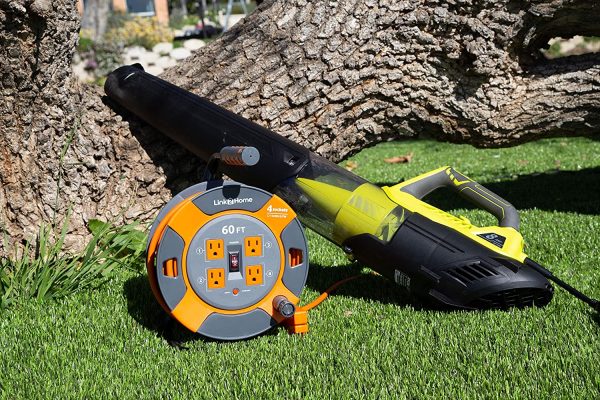
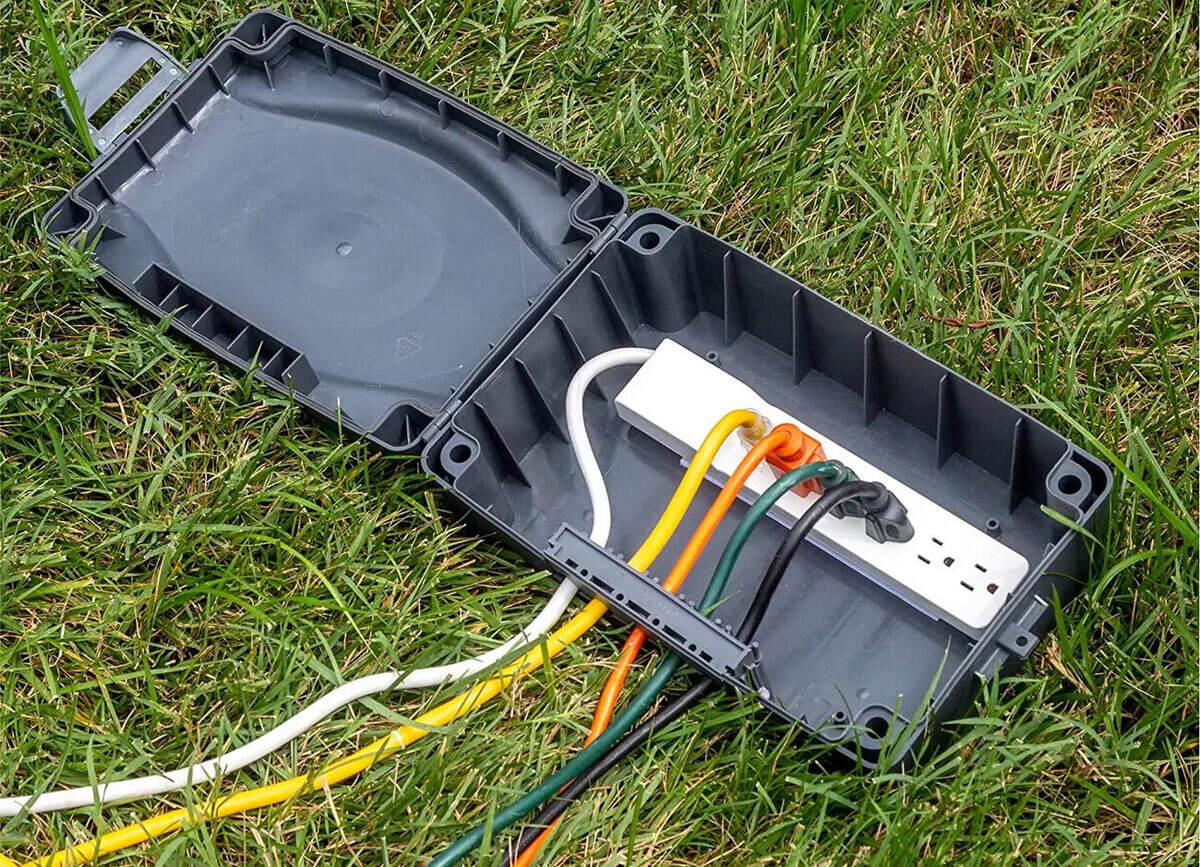
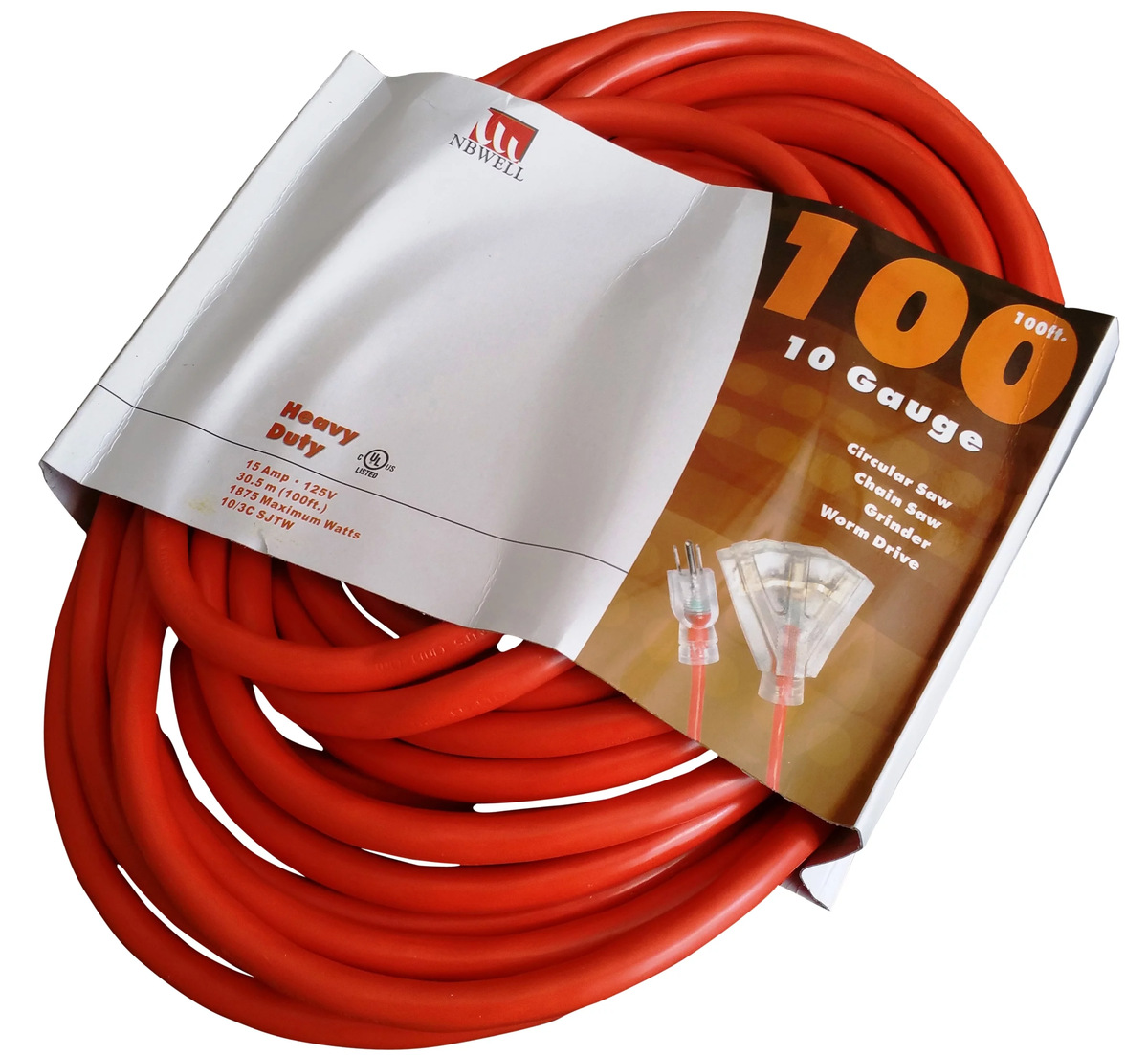
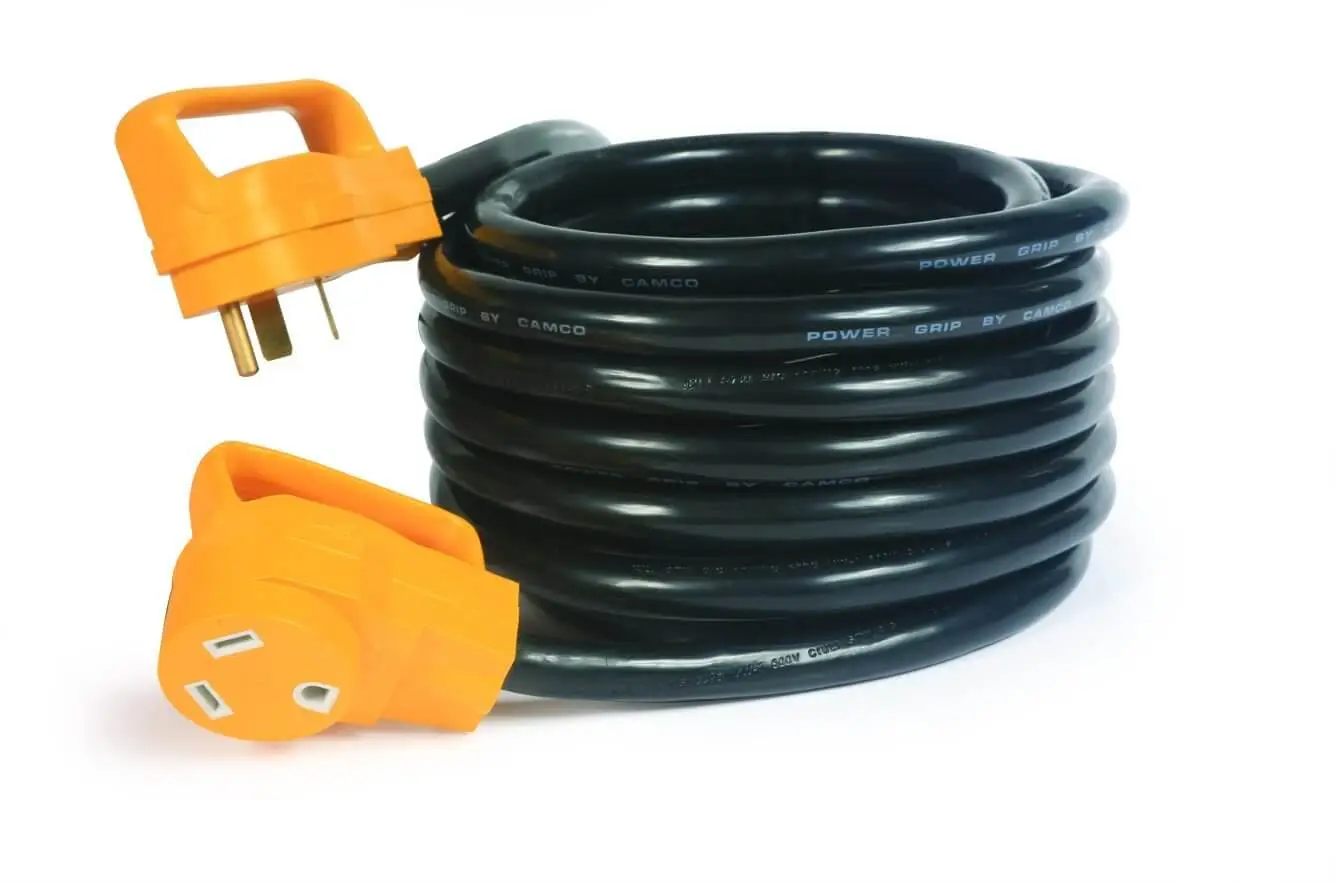
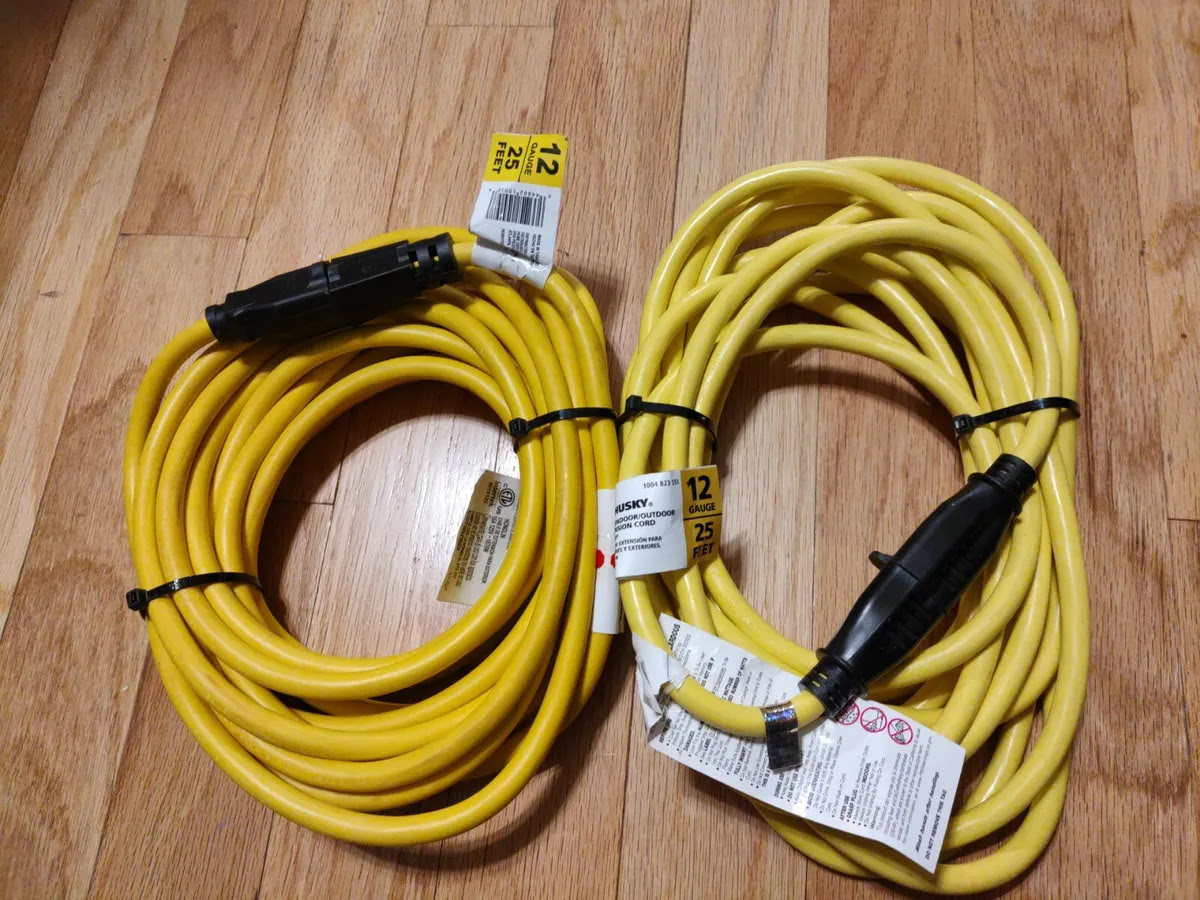
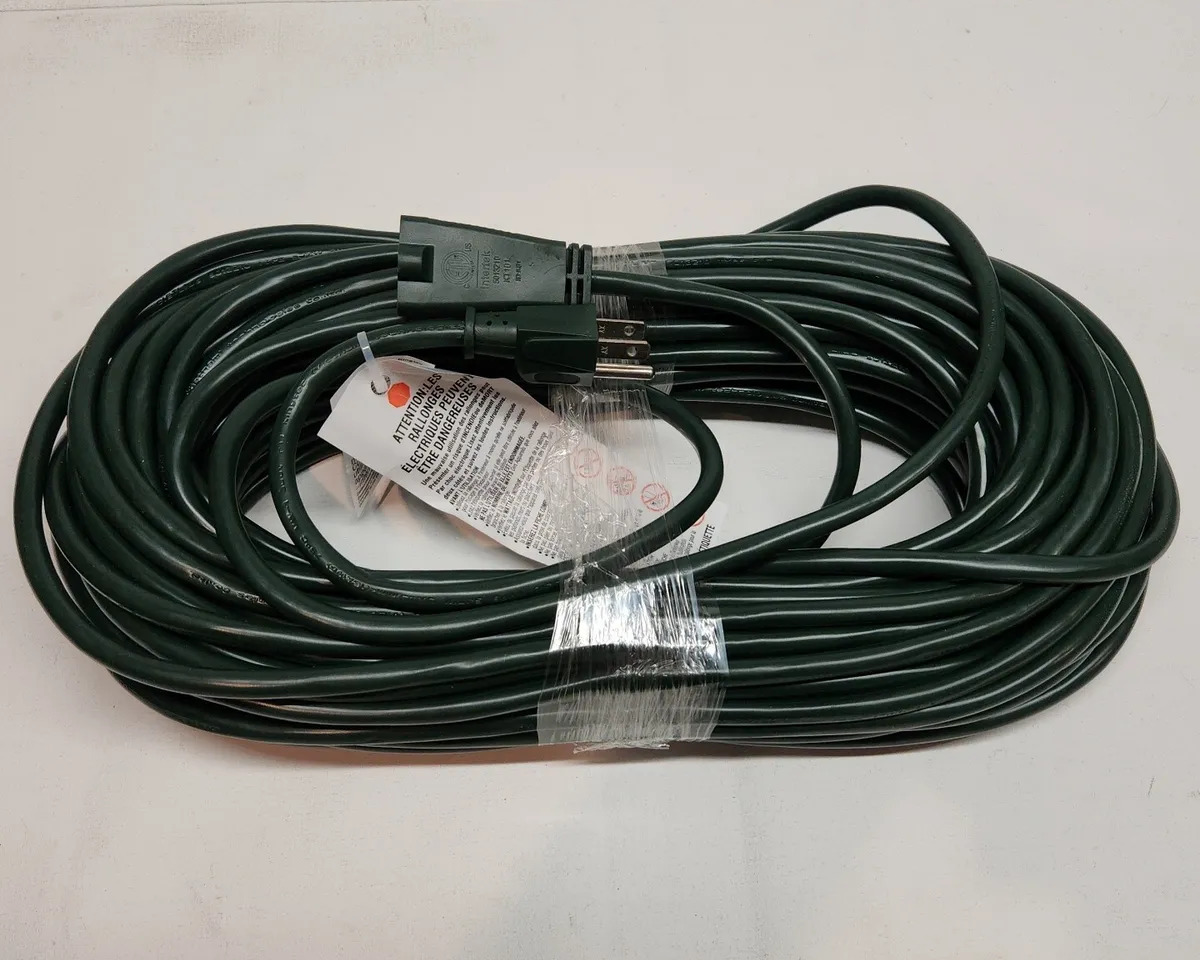
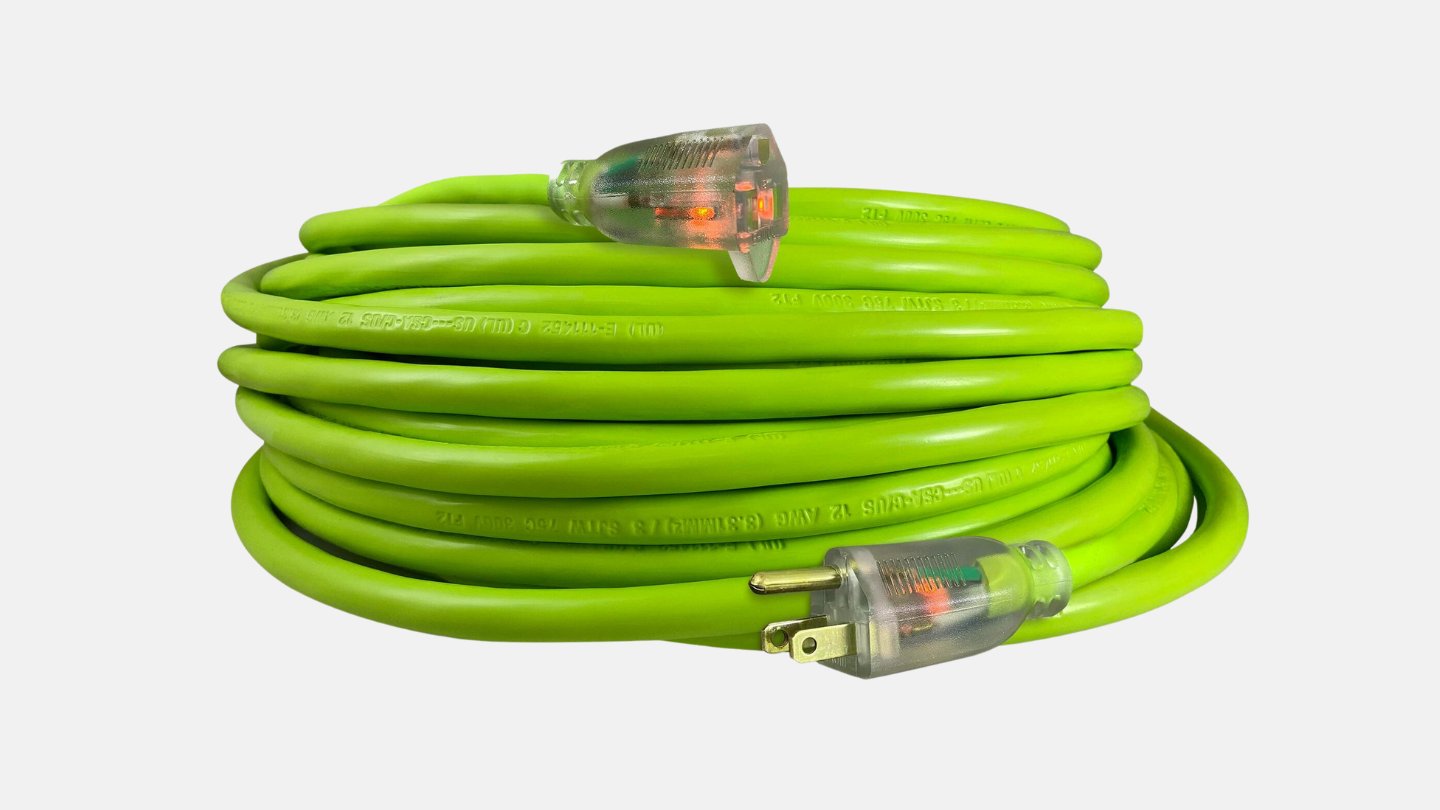
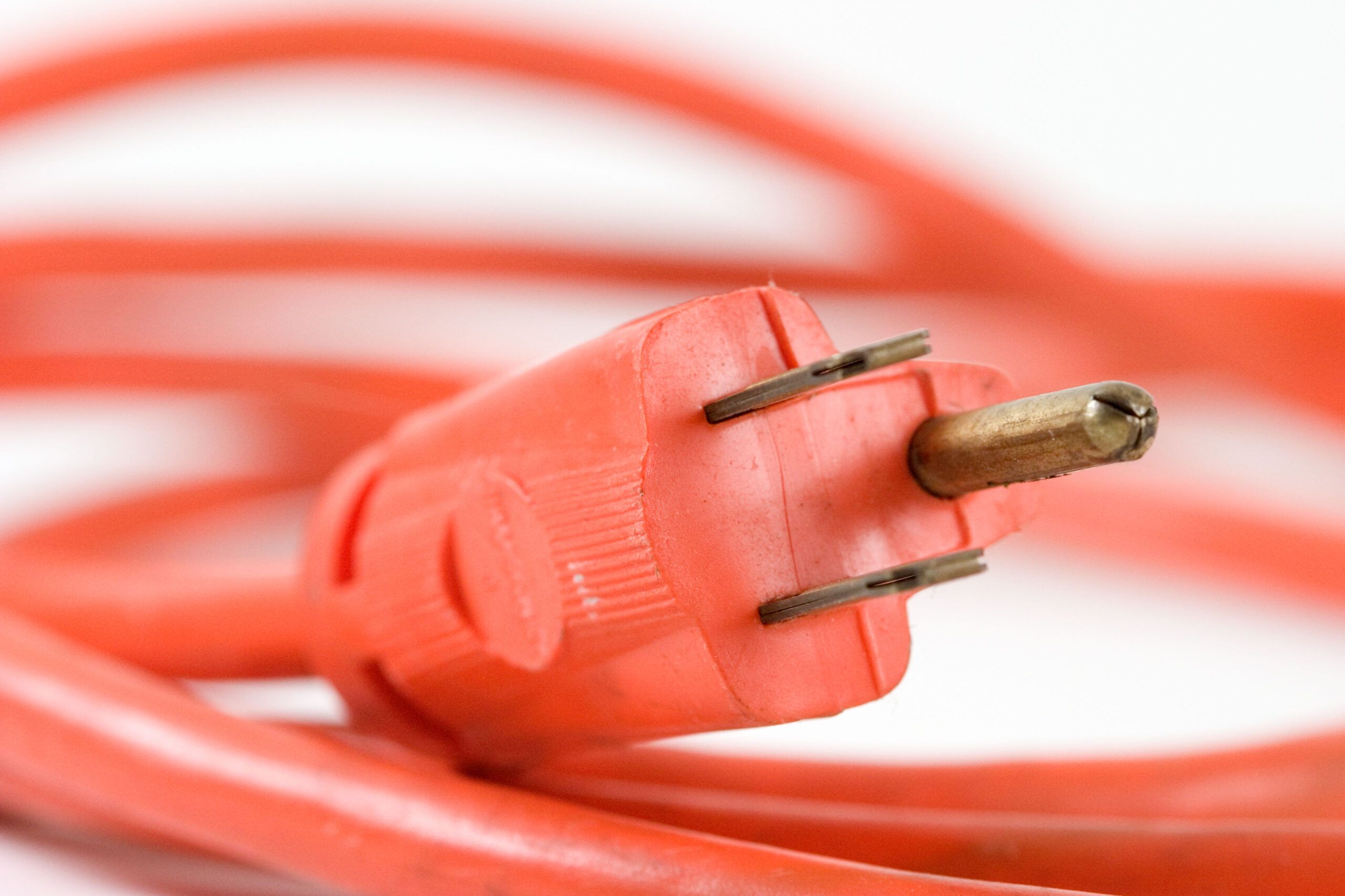
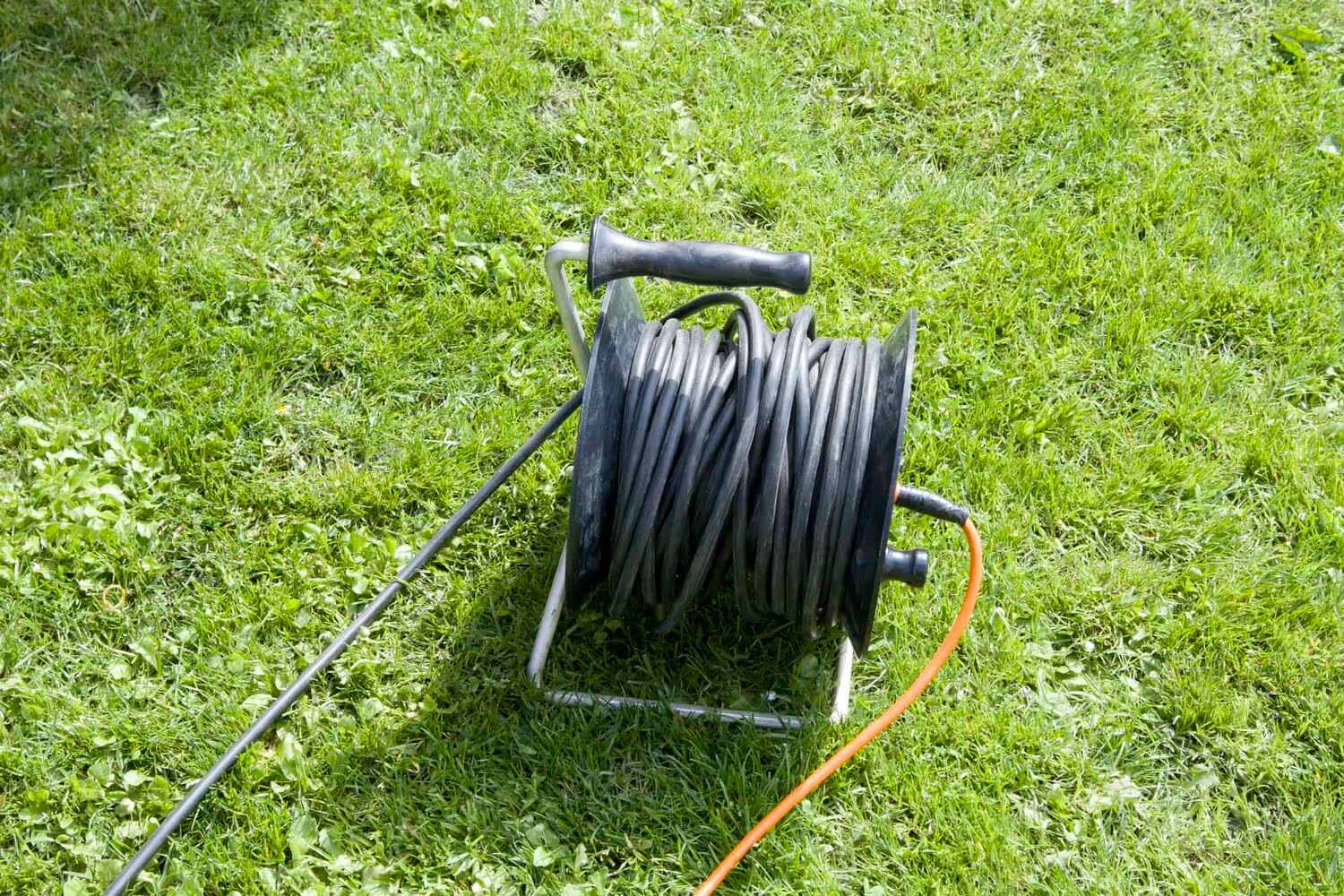
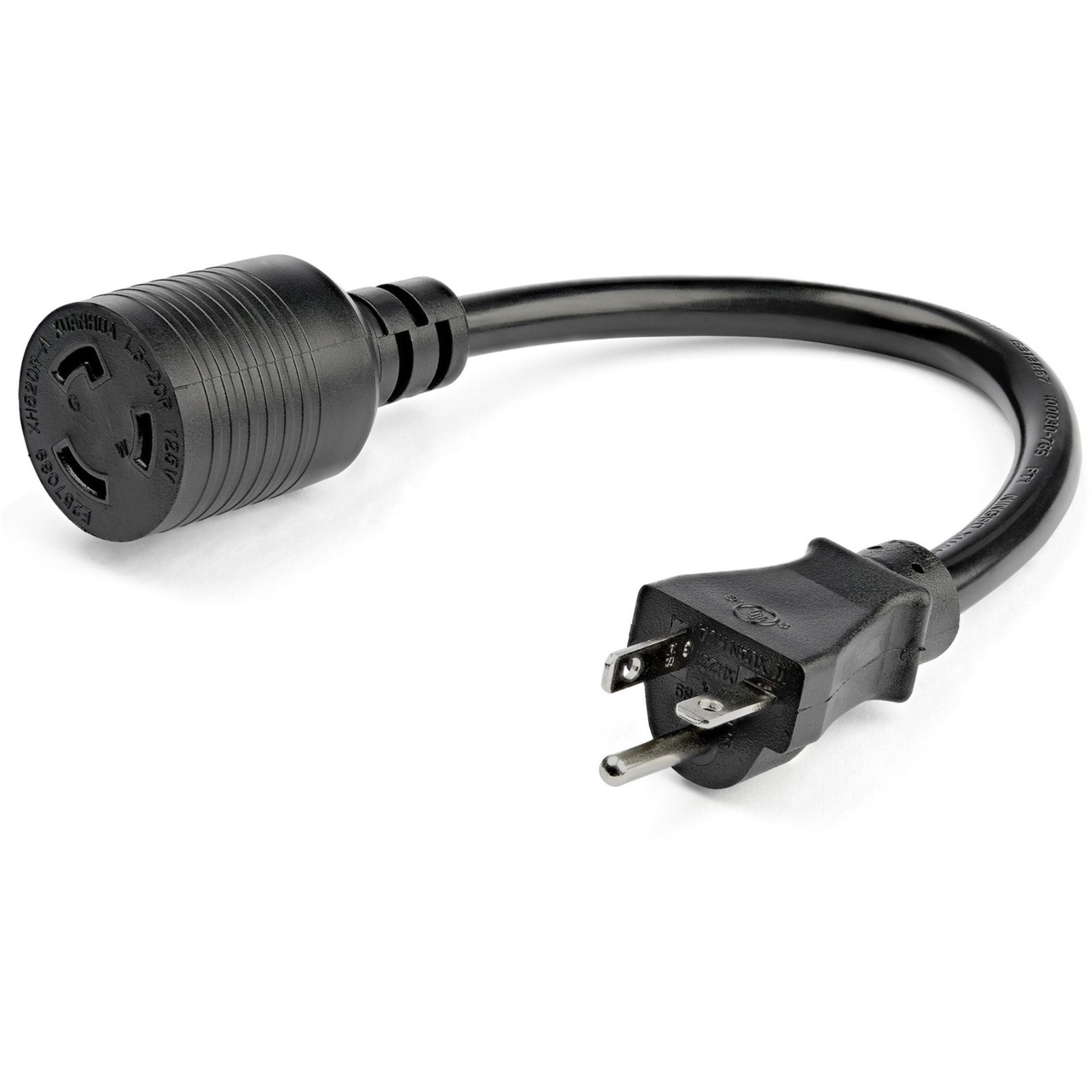
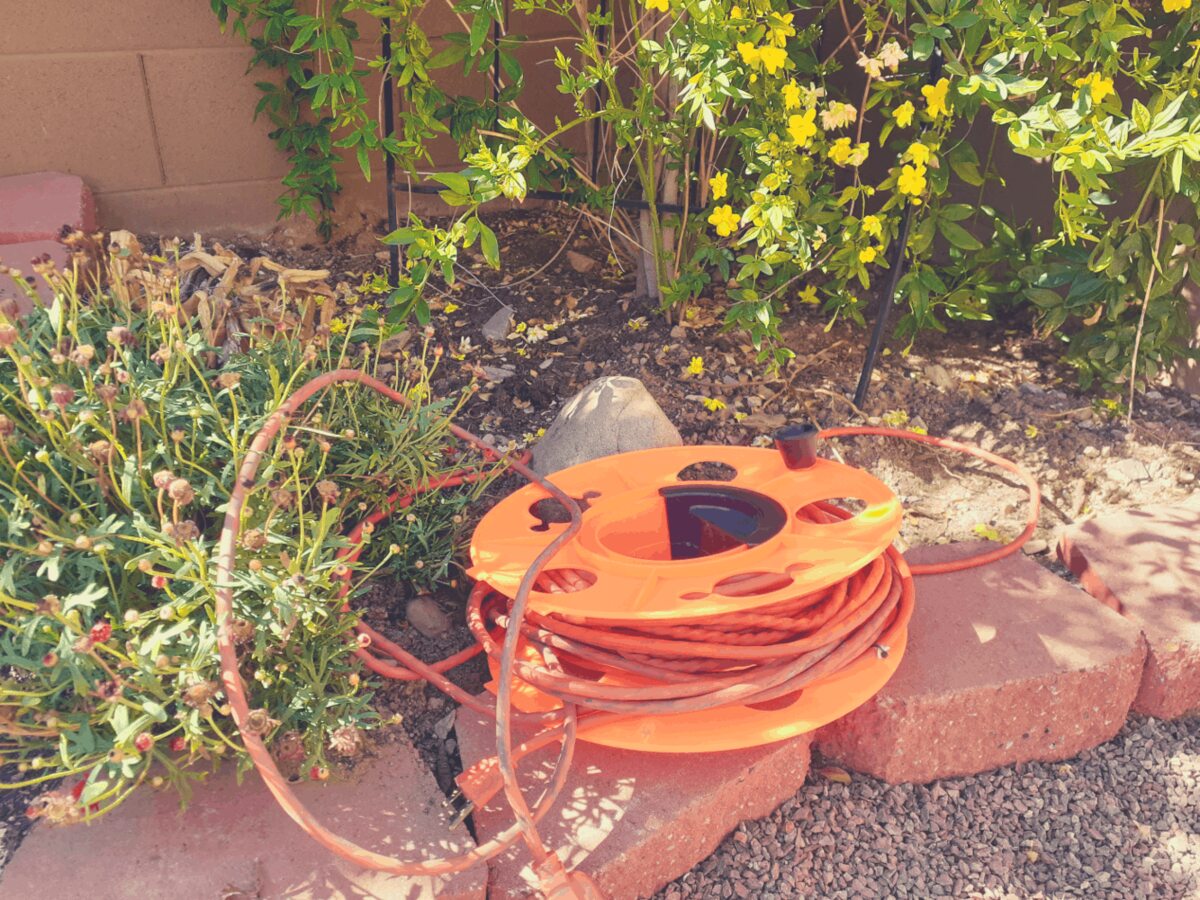
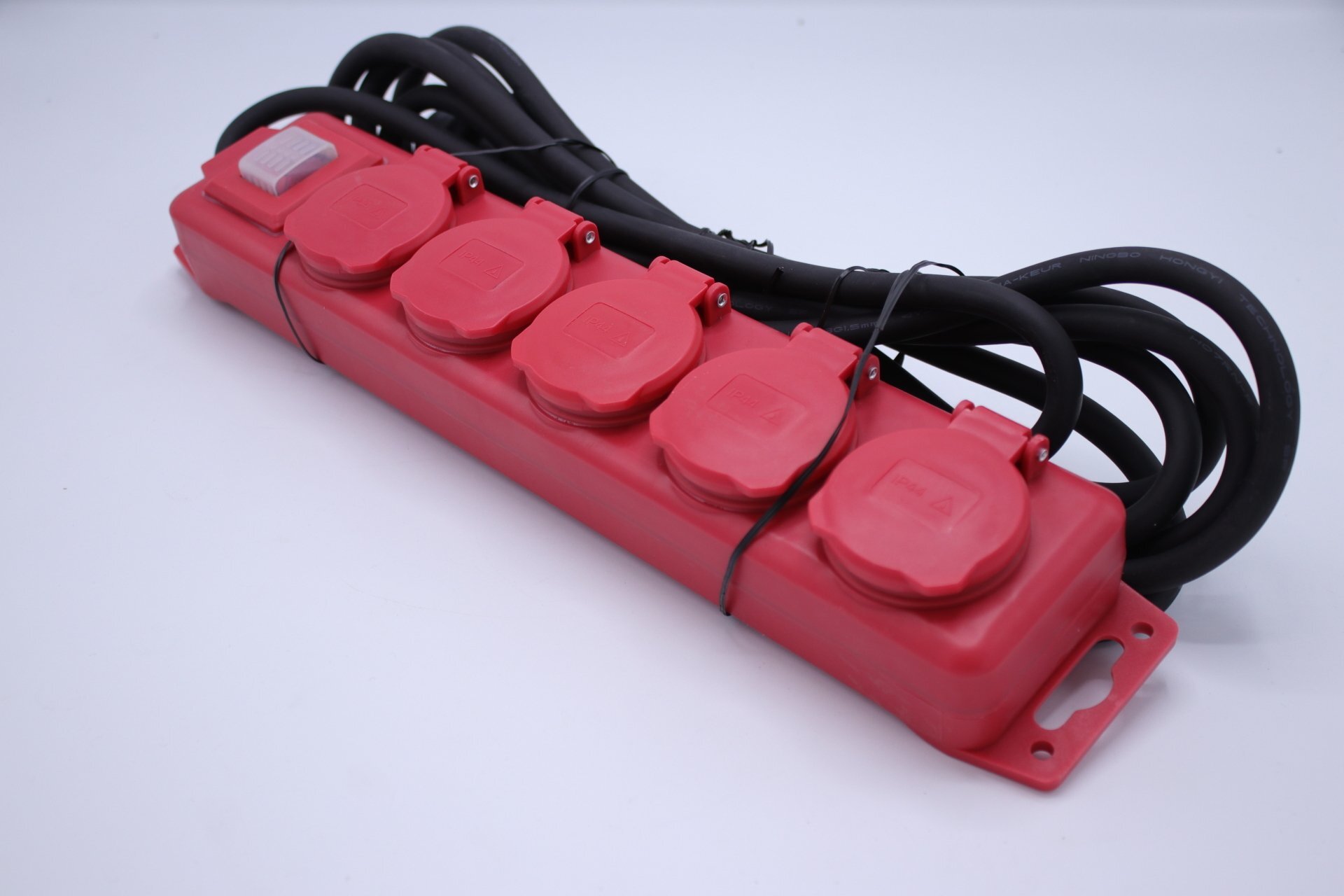
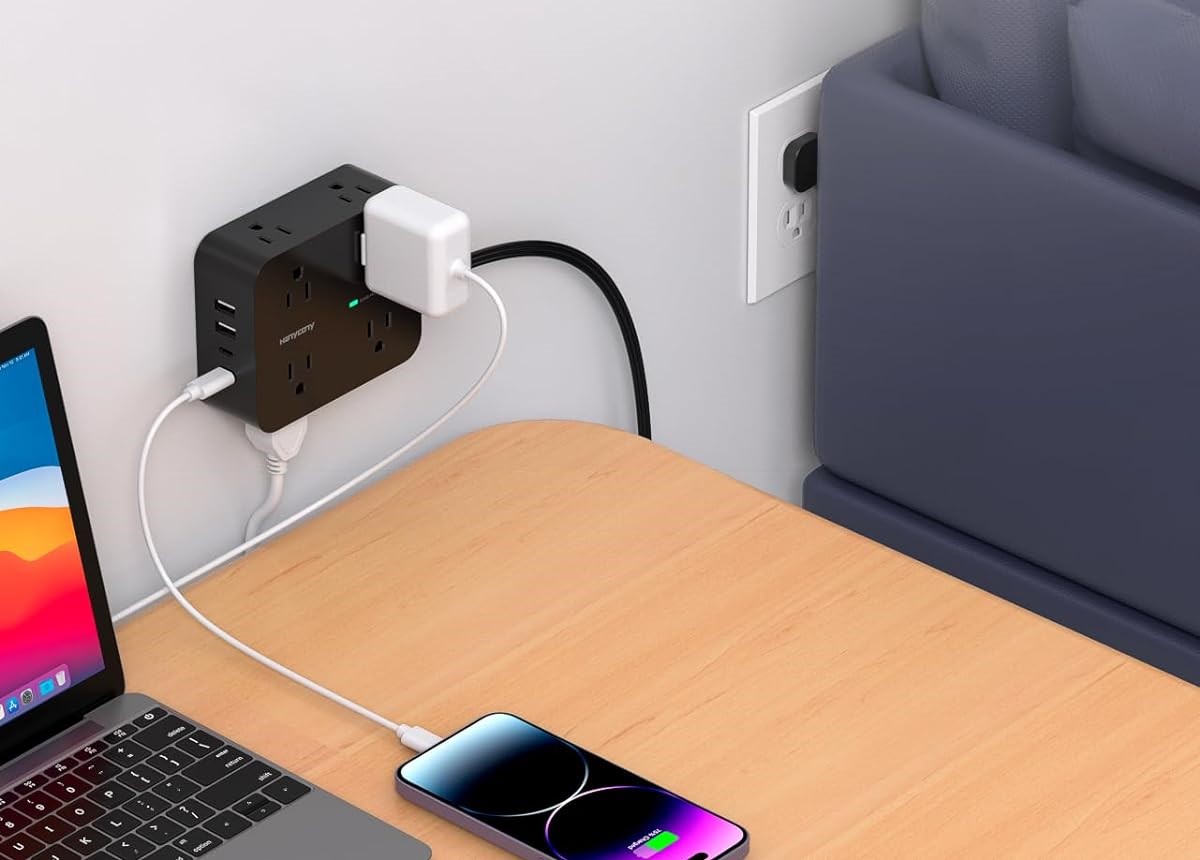
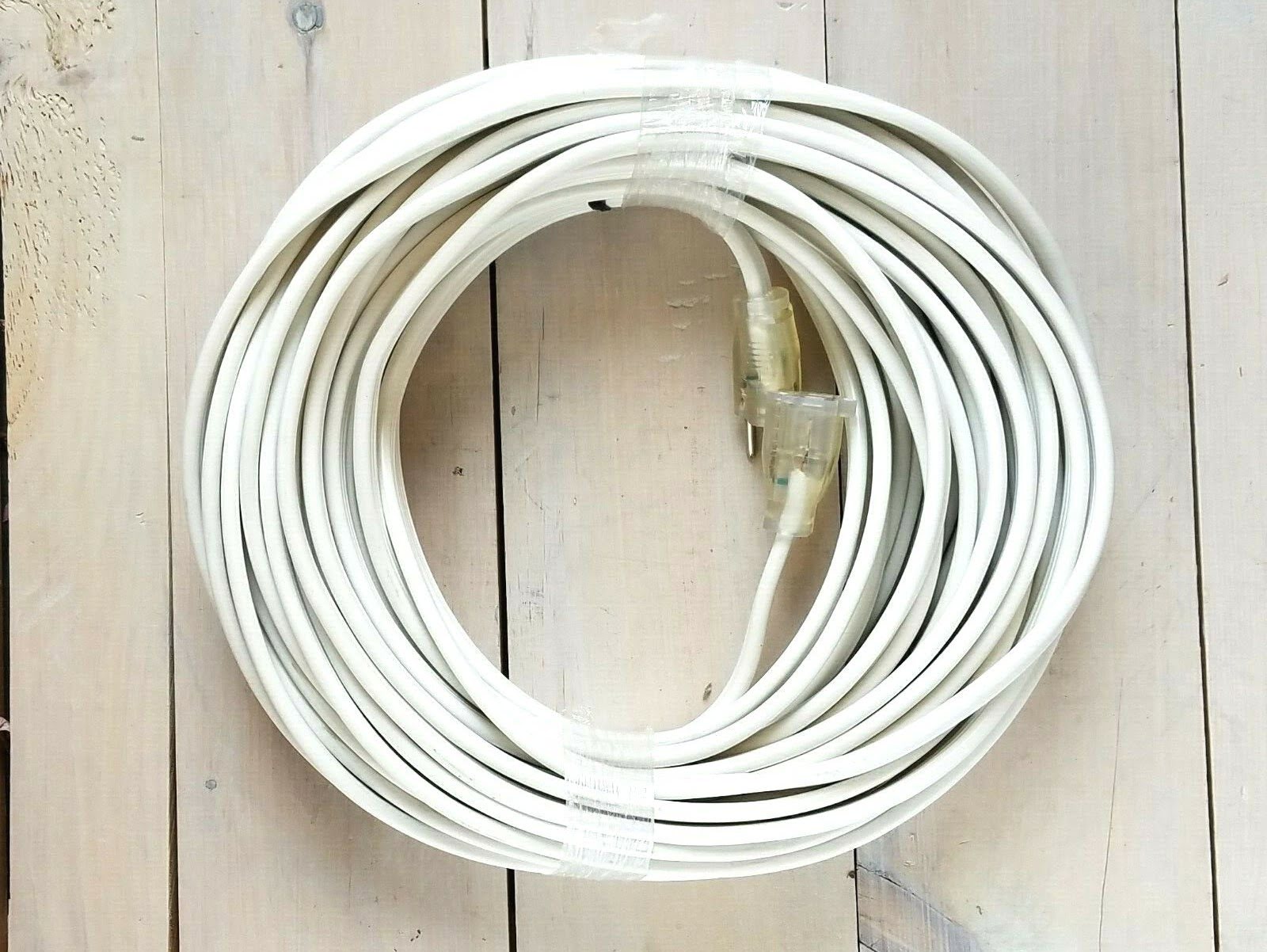

0 thoughts on “What Is A Heavy Duty Extension Cord”